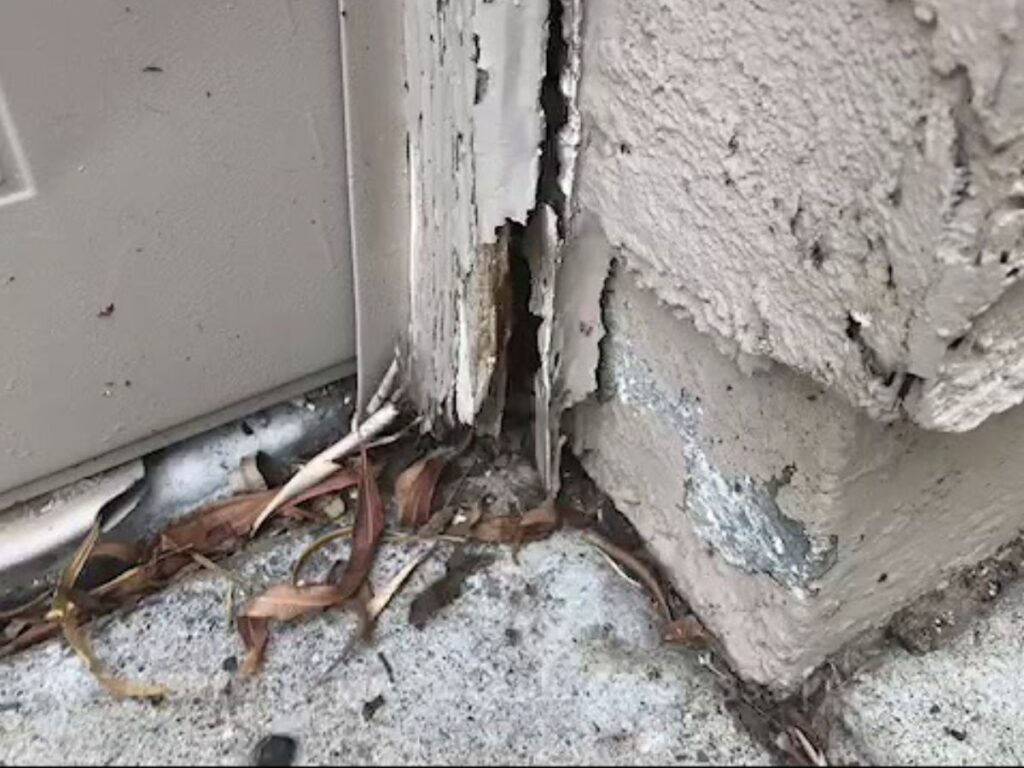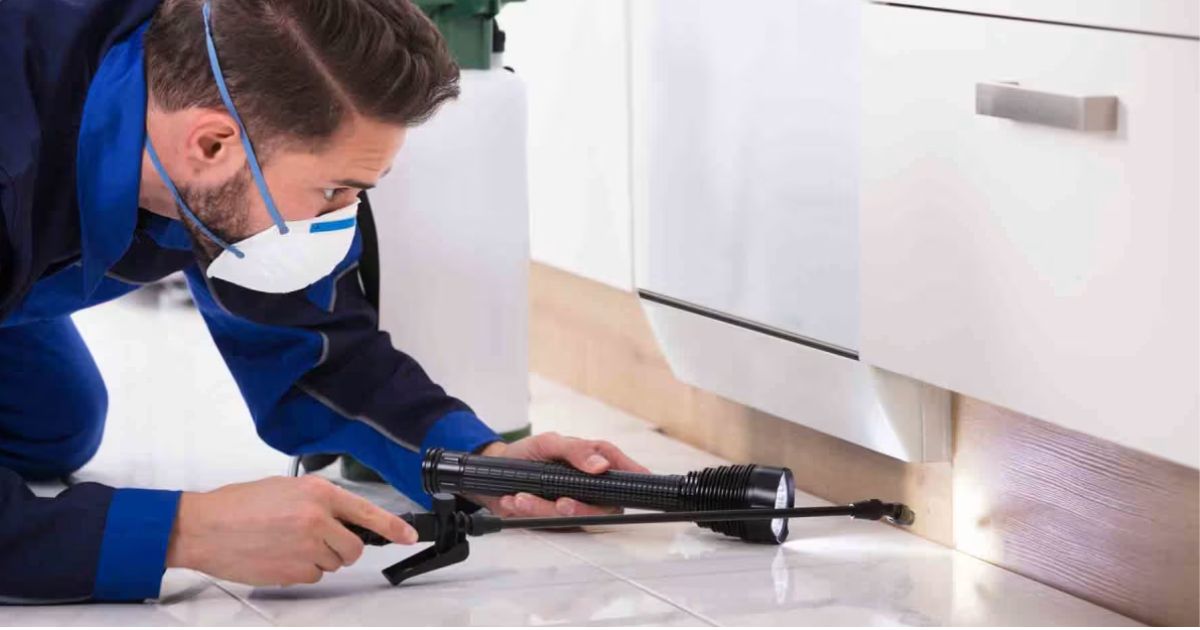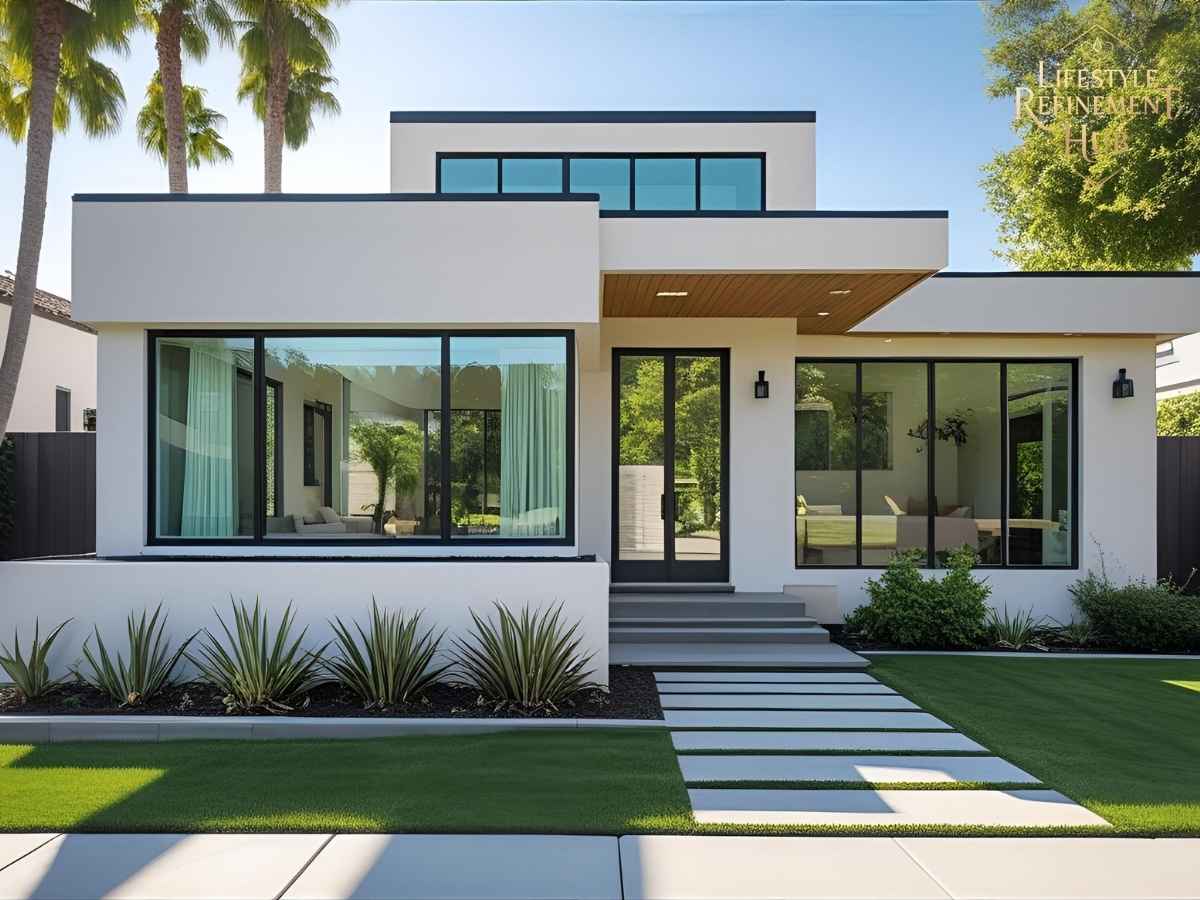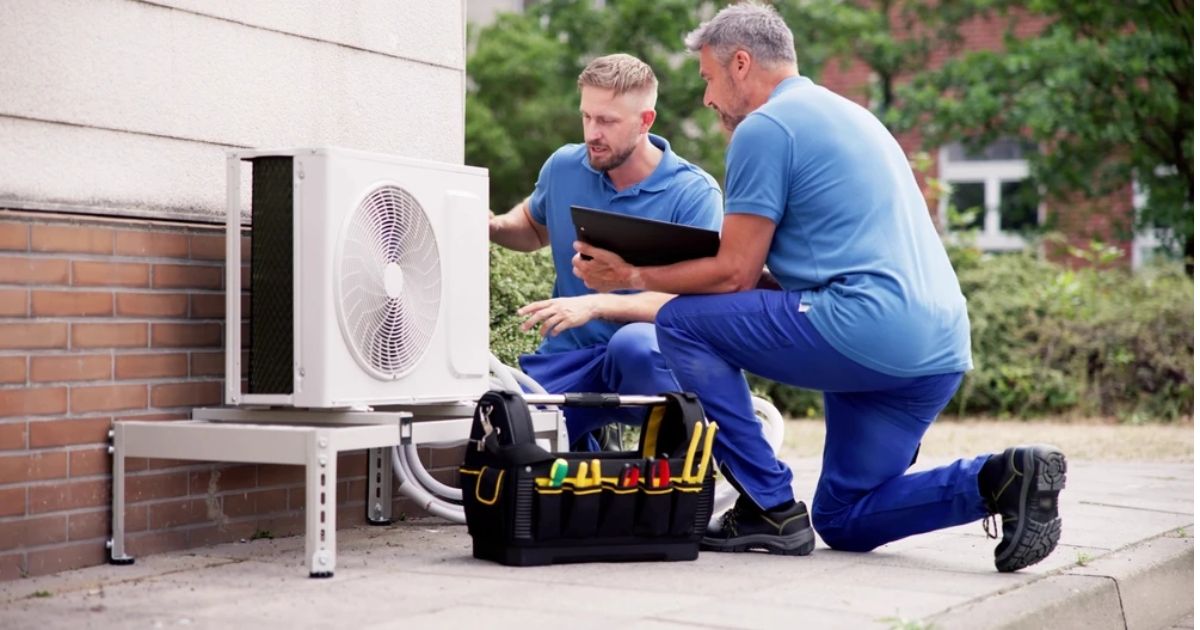Walking through a charming 1920s Spanish Revival in Hancock Park (ZIP 90004), you spot faint mud tubes along the foundation near Wilshire Boulevard. Or imagine touring a sleek Mid-Century Modern in Echo Park (ZIP 90026) only to notice tiny pinpricks in exposed wooden beams above the living room fireplace. In Los Angeles’ competitive real estate market—where coastal breezes meet historic canyons—pre purchase termite inspection Los Angeles real estate is your essential safeguard. A thorough inspection protects your investment, reveals hidden structural risks, and ensures smooth closings in neighborhoods from Brentwood to Boyle Heights.
Los Angeles enjoys a Mediterranean climate with average highs of 77°F, lows of 58°F, and up to 65% humidity in summer. These conditions, combined with aging sewer lines beneath West Adams (ZIP 90016), lush landscaping in Beverly Hills (ZIP 90210), and irrigated lawns in Studio City (ZIP 91604), create ideal termite habitat. Subterranean species tunnel through soil into foundations, while drywood termites infest attics and decking. Without forewarning, these silent wood-eaters can cause tens of thousands of dollars in damage—often discovered only after escrow closes.
In this comprehensive guide, you’ll find:
– The critical role of pre purchase termite inspections in LA real estate
– Unique local challenges across diverse neighborhoods
– Detailed inspection process and treatment options
– Three real case studies illuminating hidden infestations
– Profiles of the top three local termite inspection providers
– Essential LA permits, resources, and internal links
– Long-form FAQs addressing neighborhood-specific queries
Equip yourself with local expertise and confidence before finalizing your next Los Angeles property purchase.
Why Termite Inspections Matter in Los Angeles
Termites cost U.S. homeowners over $5 billion annually in repairs, and California leads in prevention claims. In Los Angeles County, termite-related claims rank among the top five property insurance payouts. A home’s sale price can obscure preexisting damage: sagging porch beams in Glassell Park (ZIP 90065), buckled floorboards in Hancock Park, or weakened roof joists in Pacific Palisades (ZIP 90272). Without a certified inspection, buyers inherit these risks.
California Civil Code Section 1103.2 requires sellers to disclose known wood-destroying pest damage within the past three years. But sellers might be unaware of subterranean colonies underground. A comprehensive pre purchase termite inspection uncovers:
- Wood-destroying organism (WDO) evidence such as frass, mud tubes, and damaged lumber
- Conditions conducive to infestation—moisture leaks, wood-to-soil contact, and improper grading
- Prior treatment history, including localized spot treatments or whole-structure fumigation
By identifying these issues early, buyers negotiate repairs, request seller credits, or walk away from unsafe investments.
Unique Local Challenges Across Neighborhoods
Los Angeles’ varied microclimates and architectural styles present distinct termite pressures:
Hancock Park (ZIP 90004)
Historic homes with original wood siding often lack modern termite shields. Ornamental foundations and heavy landscaping attract subterranean colonies. Inspectors probe planter boxes and hand-carved porches for hidden galleries.
Echo Park (ZIP 90026)
Steep hillsides and older sewer mains mean foundation cracks are common. Drywood termites invade attics through unsealed vents. Thermal imaging and endoscopic cameras reveal activity behind plaster walls.
Pacific Palisades (ZIP 90272)
Ocean fog keeps wood decks and fences damp. Inspectors check low-lying crawlspaces beneath hillside estates, ensuring proper ventilation and clearance between soil and framing.
Boyle Heights (ZIP 90023)
Mixed-use buildings converted from warehouses feature timber joists exposed to moisture. Inspectors test moisture content, evaluate grading, and recommend perimeter treatments where basements connect to street-level sidewalks.
Studio City (ZIP 91604)
Lush landscaping around hillside homes often touches siding. Inspectors look for wood-to-soil contact, signs of tunneling under patio pavers, and recommend French drain installations to divert irrigation water.
The Pre Purchase Inspection Process
A licensed Termite Control Operator (TCO) follows a multi-step process customized for Los Angeles properties:
- Visual and Probe Inspection
Technicians inspect accessible areas—foundations, crawlspaces, attics, decks, and interior wood surfaces. They use a sharp awl or probe to test wood for softness. In Silver Lake bungalows (ZIP 90039), even front porch railings get probed. - Moisture Mapping
High humidity and irrigation leaks in West Los Angeles (ZIP 90025) promote fungal rot, which attracts termites. Moisture meters identify wet areas in mudsills and crawlspaces, guiding further investigation. - Infrared and Endoscopic Evaluation
Infrared cameras detect heat anomalies in framing members beneath Malibu (ZIP 90265) lathe and plaster ceilings. Endoscopes inserted through small holes reveal galleries behind sheetrock, preventing full demolition. - Soil Treatment Assessment
Subterranean colonies require soil-applied termiticides or baiting systems. Technicians evaluate soil porosity near foundations in Brentwood and recommend either liquid barriers or Sentricon bait stations. - Report and Recommendations
Inspectors generate a detailed report highlighting WDO evidence, conducive conditions, and cost estimates for repairs or treatments. They outline next steps: localized spot treatment, whole-structure fumigation, or ongoing monitoring.

Treatment Options for Los Angeles Properties
Based on inspection findings, TCOs propose:
- Spot Treatment: Localized application of termiticide foam or dust in limited areas—ideal for drywood infestations in Hollywood Hills attics (ZIP 90046).
- Liquid Soil Barrier: Trenching around foundations and injecting termiticide—common in suburban Culver City (ZIP 90232).
- Baiting Systems: Installing in-ground stations every 10–15 feet around the perimeter—preferred in environmentally sensitive zones near the Ballona Wetlands (ZIP 90232).
- Whole-Structure Fumigation: Tent and gas fumigation, required when widespread drywood colonies are present in single-family homes in Pasadena (ZIP 91105).
Each method adheres to California Structural Pest Control Board regulations and protects occupants by excluding treated zones from living spaces during application.
Real Case Studies
Case Study 1: Hancock Park Historic Revival
A young couple buying a 1927 Tudor in Hancock Park detected no visible damage during a self-tour. Their pre purchase inspection, however, revealed extensive drywood galleries in attic rafters and mud tubes along basement walls. The TCO recommended fumigation combined with post-fumigation localized spot foam injections. Negotiations secured a $15,000 credit from the seller to cover repairs, ensuring the couple didn’t overpay for latent damage.
Case Study 2: Echo Park Hillside Escape
Investors eyed a 1940 Spanish cottage perched on Echo Park’s slopes. Inspectors found subterranean colonies tunneling beneath the foundation, facilitated by rising irrigation leaks. A two-step plan—soil barrier installation along the uphill side and retrofitting weep screed termiticide injection—sealed the deal. The investors closed with confidence, protected by a five-year extended warranty.
Case Study 3: Pacific Palisades Coastal Retreat
A family relocating from the Bay Area fell in love with a mid-century home near Temescal Canyon. Intense fog had fungal decay in deck supports. Although no active galleries were seen, inspectors detected elevated moisture levels and subtle frass accumulation. They recommended preventative soil treatments and replacing wood near the deck posts with composite materials. The buyer negotiated deck reconstruction into their purchase timeline, avoiding future termite exposure.
Top Three Local Service Providers
- LA Termite Experts
Serving all LA County ZIP codes, they specialize in pre purchase inspections, comprehensive reports, and integrated treatment plans. Their online booking portal and weekend availability make scheduling easy. Visit latermiteexperts.com. - Pacific Pest Inspections
With over 30 years in Westside and Valley neighborhoods, they excel in hybrid inspection techniques—thermal imaging plus probe checks—and offer free second opinions. Learn more at pacificpestinspections.com. - Verified Termite Solutions
Former home appraisers founded this firm to align inspection findings with true market value. They provide detailed structural evaluations alongside termite reports. Schedule at verifiedtermites.com.
Key Local Resources and Permits
- California Structural Pest Control Board licensing lookup: https://www.pestboard.ca.gov/
- LADBS requirements for drilling access holes in exterior walls: https://www.ladbs.org/permits
- LA County Vector Control termite prevention tips: https://dpw.lacounty.gov/epd/termite
- Internal links: explore our real estate inspection packages, read success stories, or check buyer resources.
People Also Ask
- Why is a termite inspection required before closing in LA?
A pre purchase inspection uncovers hidden WDO damage and conditions, informing negotiations and protecting your investment. - How long does a termite inspection take for a 2,000 sq ft home?
Typically 1.5 to 2.5 hours, depending on property features like attics, crawlspaces, and landscaping complexity. - Can a seller repair termite damage before sale?
Yes—common repairs include localized spot treatments, replacing damaged wood, and soil barrier installations, often negotiated in the purchase agreement.
Frequently Asked Questions
What is the cost of a pre purchase termite inspection in Los Angeles?
Prices range $125–$225 for single-family homes, varying by square footage and accessibility. Reports include a T-Prelim form and findings summary.
How soon can inspectors schedule before an escrow deadline?
Most providers offer same-day or next-day inspections, ensuring reports are delivered within 24–48 hours for timely closings.
Do inspection reports expire?
Termite inspection reports are generally valid for 30–60 days; some lenders require re-inspection if escrow extends beyond this window.
Are fumigation notices required for residential neighborhoods?
Yes—state law mandates posting a notice on property boundaries and notifying adjacent properties at least 48 hours prior.
Can I waive the termite inspection contingency?
While possible, waiving this contingency exposes you to unseen damage. It’s strongly advised to include a termite clause in purchase agreements.
A meticulous pre purchase termite inspection in Los Angeles real estate isn’t just a formality—it’s your frontline defense against costly wood-destroying organisms. Armed with local insights, targeted treatment options, and trusted providers, you can proceed with confidence, knowing your dream home won’t turn into a hidden liability. Schedule your inspection today and close with certainty.


